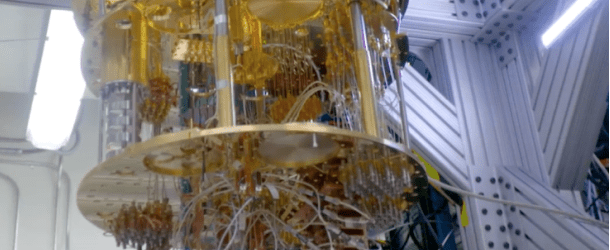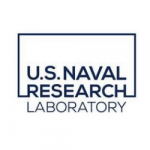What Tech Hub Cities Want to Know About Quantum Computing

(BuiltIn.com) Written for a community of US “tech hub cities”, this articles explains quantum computing and its implications positive and negative.
One of the most widely used schemes for safely transmitting data is poised to become obsolete once quantum computing reaches a sufficiently advanced state. The cryptosystem known as RSA provides the safety structure for a host of privacy and communication protocols, from email to internet retail transactions. Current standards rely on the fact that no one has the computing power to test every possible way to de-scramble your data once encrypted, but a mature quantum computer could try every option within a matter of hours.
“Don’t panic.” That’s what Mike Brown, CTO and co-founder of quantum-focused cryptography company ISARA Corporation, advises anxious prospective clients. The threat is far from imminent. “What we hear from the academic community and from companies like IBM and Microsoft is that a 2026-to-2030 timeframe is what we typically use from a planning perspective in terms of getting systems ready,” he said.
That’s the good news. The bad news is that, while cryptography experts gain more time to keep our data secure from quantum computers, the technology’s numerous potential upsides — ranging from drug discovery to materials science to financial modeling — is also largely forestalled. And that question of error tolerance continues to stand as quantum computing’s central, Herculean challenge.



















